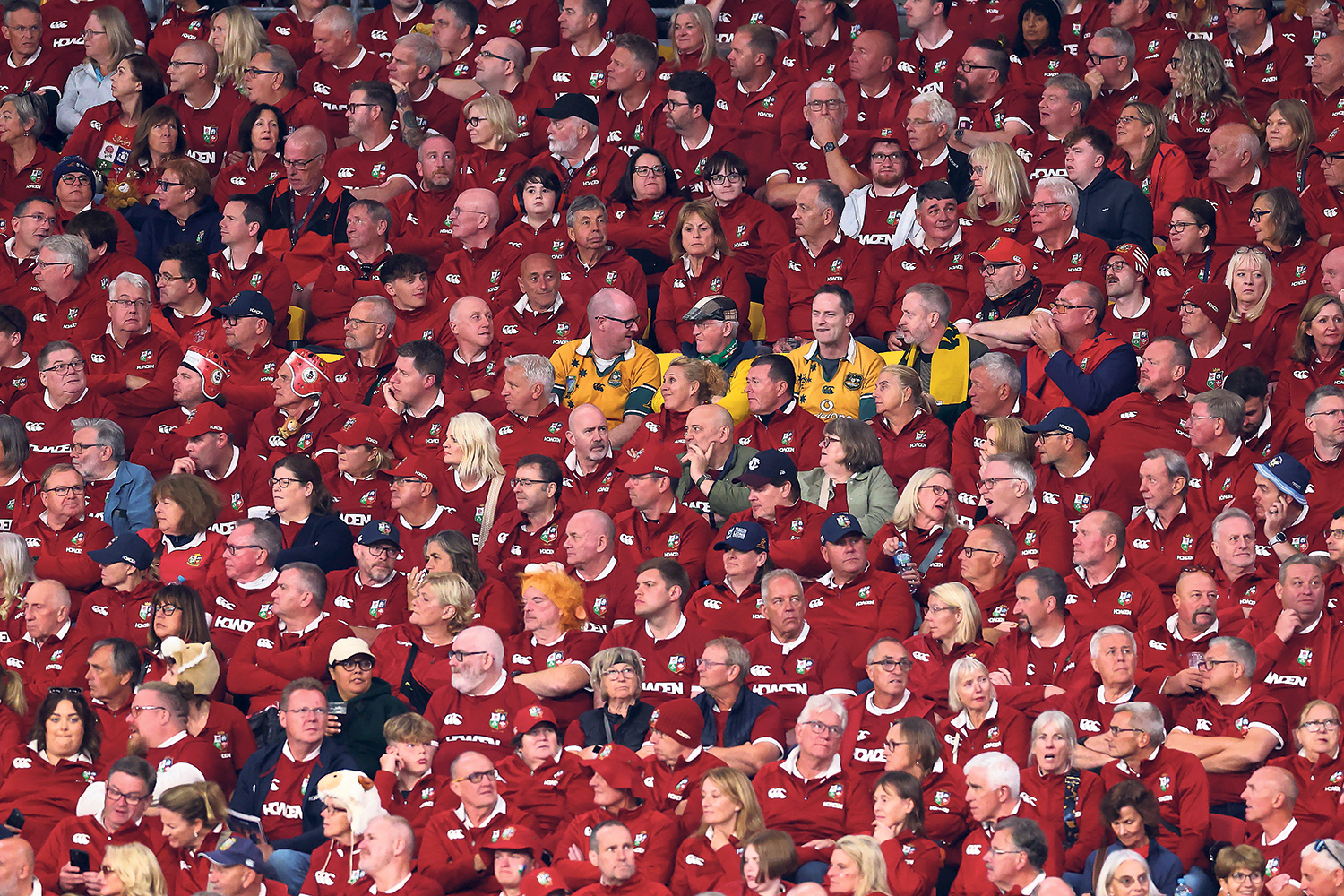The presence in Australia’s side of Tom Lynagh, son of the great Michael, expressed the sport’s best family traditions. With it too came echoes of an age when Australian rugby union was more formidable than it is now.
On this evidence, there will be no personal “Everest” for the Lions on this tour, to borrow from Jim Telfer’s immortal 1997 team talk in South Africa. This one feels more like a Scafell Pike or Ben Nevis.
Australia were at first outclassed but fought back valiantly in the second half. It’s too soon to write of their demise. Lions tours have a habit of being swayed by fatigue, injuries and fightbacks by cornered animals. These expeditions have set such a high bar that anything less than an epic trial of the human spirit can feel like a let-down.
If you play only three Test matches every four years, you had better make them compelling. This Lions win wasn’t definitive, but if they perform like the first half an hour in Brisbane, the visitors will win the series.
The relevance of Lions rugby remains intact. Countless times they have delivered on their raison d’être of expressing rugby union’s essence, venturing to the southern hemisphere as heavily branded adventurers but also missionaries for a higher calling.
Anyone who has followed a tour will know the cultural claims made on its behalf are genuine. First there is the coming together of English, Irish, Scots and Welsh in a frankly crackpot tradition of throwing together a touring side from men who were at each other’s throats only months earlier in the Six Nations Championship.
For decades, pessimists have predicted its demise. The new Nations Cup will occupy a chunk of the international calendar every two years from next season, avoiding World Cups and Lions tours. The club rugby calendar is constantly beset by talk of breakaways and new structures.
But if global sport can now do without such a Corinthian spectacle – “sport that is not commonplace,” as it calls itself – we’re in more trouble than we thought. “Once a Lion, always a Lion” is a bond every ex-player recognises, because it is forged by people who have never played together before. That serves as the counterweight to the unfairness of four nations ganging up against one.
The way Andy Farrell’s Lions started the first Test said they understood every word of the rhetoric about self-sacrifice and tradition. They buzzed into action with a sense of duty towards the 40,000 Lions fans following them round Australia. With greater ruthlessness they would have blown the Wallabies away inside 40 minutes.
There will be no quelling, though, of the debate over whether the traditional circuit should be updated to include France and Argentina – with a reduced role for Australia, where rugby union is hardly thriving.
Newsletters
Choose the newsletters you want to receive
View more
For information about how The Observer protects your data, read our Privacy Policy
Wallabies rugby is clinging to the hosting of men’s and women’s World Cups on home soil in 2027 and 2029 to buttress it against the greater popularity of Aussie rules and rugby league. Cricket and football are other rivals. The Australian Rugby League chairman’s dismissal of union as “terribly boring” shook union’s fragile confidence.
The Lions tour order of merit has been 1) New Zealand 2) South Africa and 3) Australia. The Wallabies are struggling to keep up. But that’s not the Lions’ problem. Their only job is to conquer and go home. With more precision and ruthlessness, and no second-half drop-off the sort they were guilty of in Brisbane, you would fancy them to complete that task in Test No 2.
There was just enough jeopardy in a 27-19 Lions win though to keep a great tradition rolling.
Photograph by David Rogers/Getty Images

